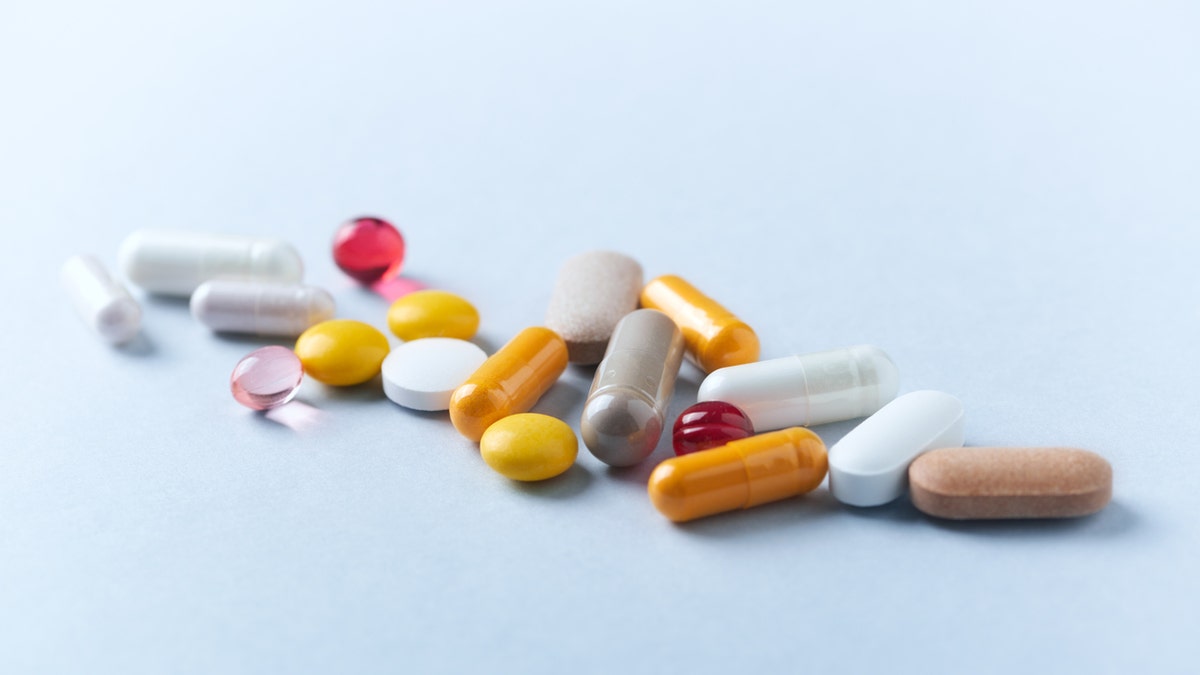WHO warns of surge in coronavirus cases in Europe
EEurope is seeing more weekly coronavirus cases than it did in March’s peak; Amy Kellogg reports.
Editors of a highly respected medical journal discussed on Wednesday "Operation Warp Speed" and the government's response to COVID-19, focusing mostly on therapeutics.
"Operation Warp Speed" is the U.S. government's plan to quickly ramp up the development and production of vaccines, therapeutics and diagnostics.
“Therapeutics are, in a way, more complicated than vaccines," said Dr. Eric Rubin, editor-in-chief of the New England Journal of Medicine (NEJM). “There are a limited number of approaches to vaccination and a similarly limited number of endpoints, but for therapeutics, there is an enormously wide range of targets and goals.”
Rubin explained that therapeutics can take a number of approaches, like trying to target the virus, target the host or target the interface between the host and the virus, all possibly leading to different consequences. Researchers can opt for small synthetic molecules or large biological macromolecules, also leading to different development paths, he said.
PFIZER TO GET $2B FOR CORONAVIRUS VACCINE UNDER 'OPERATION WARP SPEED'

“Therapeutics are, in a way, more complicated than vaccines," said Dr. Eric Rubin, editor-in-chief of the New England Journal of Medicine (NEJM)." (iStock)
ADULT OBESITY ON RISE IN US, CDC SAYS
“The development time from discovery all the way to a useful drug is even longer than in vaccines, it’s often extending for decades," he said.
Rubin said "Operation Warp Speed" set three criteria for supported therapeutics: the candidate has to be ready for clinical testing this fall, there must be strong preclinical data supporting its use, and any candidate chosen must be deliverable at scale by the end of 2020.
Rubin said the criteria “strictly limit” the potential candidates. However, antibody-based therapies were said to have several advantages due to their well-understood development and production processes, in addition to their relatively known safety margins.
It was noted that small molecules like the experimental antiviral remdesivir and dexamethasone were previously shown to have some success. While the former can benefit patients earlier on in infection, the latter showed to lower the fatality rate of patients with more severe disease.

While remdesivir may benefit patients earlier on in infection, dexamethasone showed to lower the fatality rate of patients with more severe disease. (iStock)
“Dexamethasone sets a very high bar because it’s cheap and widely available and most of the other things that we’re talking about are antibodies or expensive small molecules so they’ll have to do better than dexamethasone in order to be widely adopted," Rubin said.
CORONAVIRUS DEATHS SIGNIFICANTLY REDUCED BY STEROIDS, ANALYSIS SHOWS
These small molecules were said to have unique properties, and it’s difficult to generalize between them, even within the same chemical class. Each drug has its own pharmacology, subject to investigation and safety testing.
Rubin explained that “often times, it’s very difficult to guess what the issues are going to be for a small molecule as opposed to some of the, for example, antibodies, so there are often not very good guesses about potential toxicities before you get into people.”
Dr. Lindsey Baden, deputy editor of NEJM and co-principal investigator for Moderna’s Phase 3 trial, is involved with "Operation Warp Speed." Baden questioned how to bring out the best in the U.S. government, industry and academia to create a fast, appropriate response to the global health crisis.
“It’s a real balance because we don’t want to get lost in for-profit considerations but we also need responses that are temporally appropriate, so speed, and how to do things quickly in response to this pandemic that is spreading so fast,” Baden said. “It’s something that the different communities haven’t always thought about together that this crisis forced us to [do]
CORONAVIRUS CAUSING 'PERSISTENT FATIGUE' IN MORE THAN HALF OF RECOVERED PATIENTS, STUDY FINDS
"I think the speed with which this response is occurring on the biomedical side is encouraging in many ways despite some failings in our response," Baden added.
Finally, Baden addressed the question on the minds of many: How can drug developers speed along these clinical trials without risking safety in the end product?
“There are ways to take risks in manufacturing that are financial that don’t engender safety risks in the studies and those financial risks have to be thought about in the manufacturing side and the delivery side, that I would argue are appropriate risks in this setting," Baden said, elaborating on the nations' daily new case and death count, which is around 36,000 and 750, respectively, per the AP.
He said shaving off a week, month or just a day "has significant potential implications," given the widespread disease.
Click here to listen to the NEJM interview.
